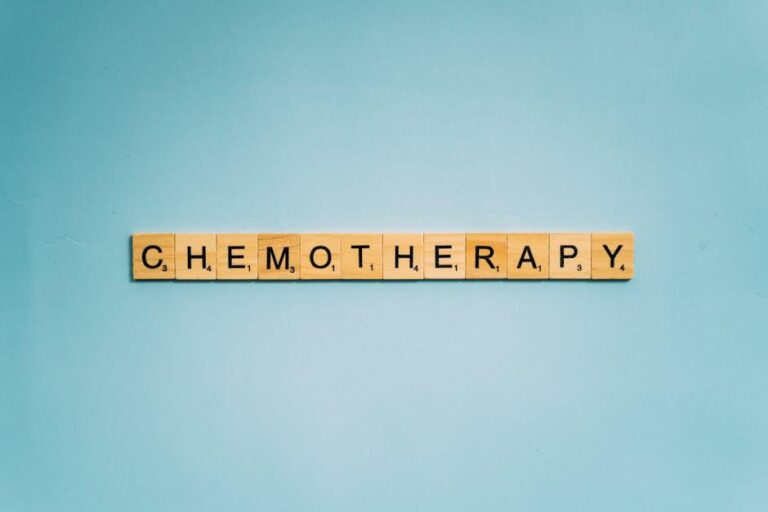
“Chemo Wrecked My Teeth, I Can’t Afford Treatment” – BBC
Chemotherapy saves countless lives every year, but it can sometimes leave a lasting, painful imprint beyond cancer remission. One heartbreaking side effect many cancer survivors share is serious dental damage. Damage so severe that some say, “Chemo wrecked my teeth, I can’t afford treatment.” This alarming issue affects thousands across the UK and beyond, raising awareness about the intersection of cancer care, oral health, and financial challenges.
Understanding How Chemotherapy Affects Dental Health
Chemotherapy drugs don’t just target cancer cells—they can also unintentionally harm healthy cells, including those in your mouth. Here’s how chemo and related cancer treatments commonly affect teeth and gums:
- Dry Mouth (Xerostomia): Reduced saliva production leads to dryness, increasing vulnerability to cavities and infections.
- Enamel Weakening: Chemo drugs and radiation can weaken tooth enamel, making teeth brittle and prone to decay.
- Gum Disease and Infections: Immunosuppression during chemo can worsen gum disease, sometimes causing bleeding, painful gums, or tooth loss.
- Mucositis and Pain: Inflammation of the mouth lining leads to sores and sensitivity, complicating oral hygiene.
The Long-Term Impact
Even after chemotherapy ends, patients may face chronic oral health problems, including:
- Recurrent infections
- Tooth decay developing rapidly
- Difficulty eating or speaking
- Low self-esteem due to appearance changes
Why Is Dental Treatment So Expensive After Chemotherapy?
Dental treatment costs for cancer survivors can be prohibitively high for several reasons:
- Complex Restorative Care: Damaged teeth may require crowns, root canals, or even implants, all of which are costly procedures.
- Specialist Care Requirements: Patients often need oncologist-referred dental specialists experienced in managing cancer-related oral problems.
- Repeated Procedures: Chronic issues might mean multiple treatments over time, increasing cumulative expenses.
- Limited NHS Coverage: NHS dental treatments, while comprehensive, may not cover advanced restorative or cosmetic procedures linked to chemo damage.
Case Study: Emma’s Story
Emma, a 42-year-old breast cancer survivor, shared her experience with the BBC. After a grueling six months of chemotherapy, she was left with severely damaged teeth and could no longer eat properly.
“Chemo wrecked my teeth, and I can’t afford to fix them. The NHS treatment waiting lists are long, and specialist care costs thousands. It’s overwhelming when you’re recovering from cancer.”
Emma’s story reflects a growing concern: the financial and emotional toll dental problems add to cancer survivors.
Practical Tips for Managing and Preventing Dental Damage During and After Chemo
While chemotherapy is unavoidable for many, certain measures can help protect teeth and ease the burden of future dental treatment:
- Pre-Chemo Dental Check-Up: Undergo comprehensive dental evaluation before starting treatment to fix existing problems.
- Maintain Optimal Oral Hygiene: Brush with a soft-bristled toothbrush, floss gently, and rinse with non-alcoholic mouthwash.
- Stay Hydrated: Combat dry mouth by sipping water frequently and using saliva stimulants if recommended.
- Avoid Sugary Foods and Drinks: Reduced saliva makes sugar more harmful, so limiting intake can prevent cavities.
- Regular Follow-ups: Continue dental monitoring post-chemo to catch problems early.
Supportive Table: Oral Care Essentials During Chemotherapy
| Item | Purpose | Tips |
|---|---|---|
| Soft-Bristled Toothbrush | Gentle cleaning to protect tender gums | Replace every 3 months |
| Fluoride Toothpaste | Strengthen enamel and prevent decay | Use twice daily |
| Alcohol-Free Mouthwash | Reduce irritation and clean mouth | Use after meals, avoid alcohol-based versions |
| Saliva Substitutes | Relieve dry mouth symptoms | Consult dentist or doctor for recommendations |
Accessing Financial Help and Support for Dental Treatment
If you’re struggling with dental care costs post-chemotherapy, consider these resources:
- NHS Dental Services: Check if you qualify for free or subsidized dental treatment due to your health condition or income.
- Cancer Charities and Foundation Grants: Many organizations offer grants or financial aid for cancer survivors needing dental or medical care.
- Local Health Trust Programs: Some local areas have support schemes for vulnerable patients.
- Dental Schools: Consider treatment at dental schools where supervised students provide lower-cost services.
First-Hand Experience: Coping With Dental Damage Post-Chemotherapy
John, a lymphoma survivor, shares how he dealt with severe dental issues after chemo:
“The mouth pain and tooth loss were almost as bad as the cancer. I couldn’t smile or eat normally. I reached out to cancer support groups and found a local dental charity that helped fund part of my treatment. It’s crucial to speak up and look for help—you’re not alone.”
John’s experience highlights the importance of community and advocacy for cancer survivors needing dental care.
Conclusion: Raising Awareness and Supporting Cancer Survivors’ Dental Health
Cancer survivors deserve comprehensive care that includes attention to oral health. The phrase, “Chemo wrecked my teeth, I can’t afford treatment,” is a call to action for healthcare providers, policymakers, and support organizations to improve access and affordability of post-cancer dental care. Early prevention, greater NHS dentistry support, and charitable programs can make a huge difference in quality of life for those affected.
By understanding the causes, challenges, and available resources, cancer survivors can better navigate this difficult aspect of their recovery journey. If you or a loved one is facing dental damage related to chemotherapy, explore options, seek professional advice early, and know that help is available.


